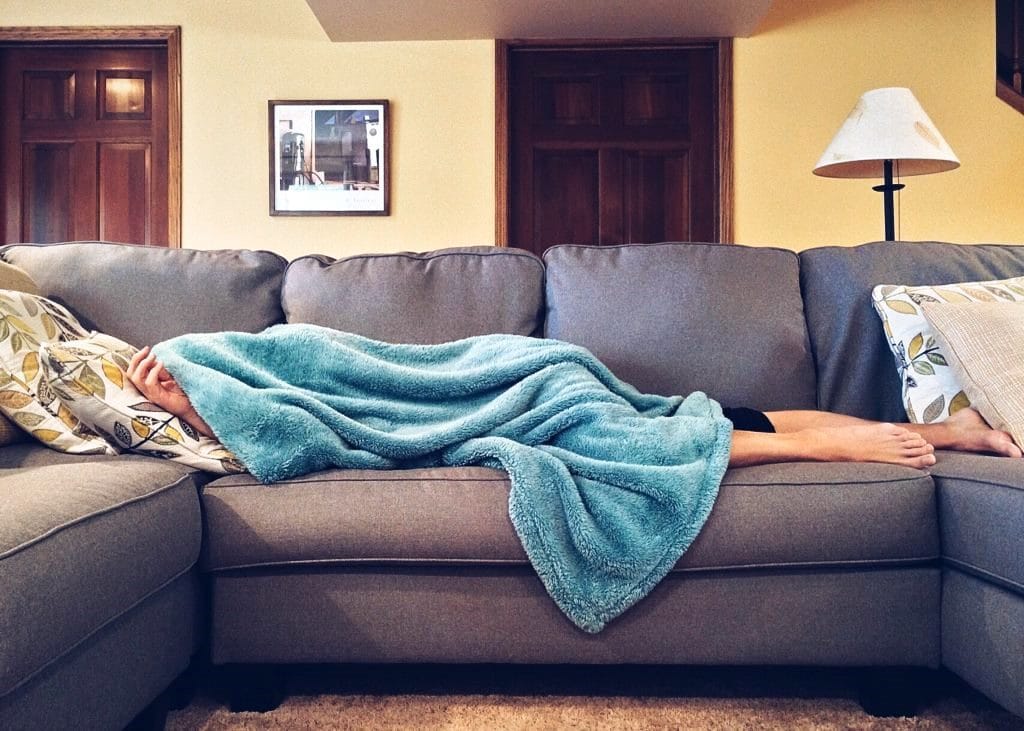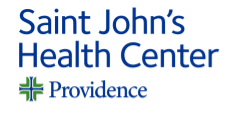
This article was republished from MedicalNewsToday.com
Mono can last for a few weeks or several months and spreads mostly through saliva. Epstein-Barr virus (EBV) is the main cause of mono. Mono is short for mononucleosis. People sometimes refer to mono as glandular fever. Here we will discuss how long mono is contagious, its symptoms, and how it usually spreads.
How long is it contagious?
It is still unclear exactly how long mono infections can remain contagious after symptoms stop. On average, most people with mono are contagious for around 6 months. In some cases, it could be contagious for up to 18 months. During this time frame, anyone with mono can pass the infection on to others.
Mono is more common in teenagers and young adults, particularly students in college. EBV may have infected around 95% of people by the time they reach adulthood. People who take antiviral medication to treat mono may recover quicker, but the evidence is not conclusive. More research is necessary to examine this treatment and whether it affects how contagious the virus is.
Reactivation and genetics
The virus may reactivate in anyone who has EBV in their body. This means that the virus becomes contagious again. Some people will have no symptoms when the virus reactivates. In people with weakened immune systems, however, reactivation may cause some symptoms.
Genetics could also play a role in EBV infection, immunity, and the potential effects of the virus. However, this area requires further research.
Symptoms
The symptoms of mono vary for each person. Some people only have mild symptoms. Others feel very ill and may find it difficult to continue with daily activities.
Symptoms of mono include:
- fatigue, sore throat, fever, headache, achy body
- swollen lymph nodes, rashes, jaundice, loss of appetite
People may notice symptoms 4–6 weeks after contracting EBV. Doctors refer to this as the incubation period. Symptoms typically appear gradually before increasing in intensity. The duration of symptoms varies for everyone. Most people will recover in 2–4 weeks. However, some people have symptoms that last for over 6 months.
How is it spread?
The most common cause of mono is an EBV infection. The virus typically spreads through bodily fluids. People can transmit EBV to others through saliva. This means that EBV can spread through kissing or sharing items such as cutlery and toothbrushes.
The virus can spread through other bodily fluids. For example, it may spread through:
- contact with blood
- semen or vaginal fluids during sexual activity
- blood transfusions
- organ transplants
How to Avoid Spreading
It is difficult to prevent the spread of EBV. Many people carry the virus without symptoms and pass it on to others. However, there are steps people can take to help prevent transmitting or contracting mono.
People with mono should avoid kissing others while the virus is active. They should also avoid sharing anything that touches their mouth, including:
- eating utensils
- lipstick or chapstick
- toothbrushes
- drinking glasses
- cigarettes
- inhalers
Maintaining a healthy lifestyle can help the body to fight off viruses. Good nutrition, quality sleep, and regular exercise are all good ways to stay healthy. Additionally, regular and thorough hand washing is one of the best ways to stop viruses from spreading. Covering the mouth when coughing and sneezing and throwing away tissues straight after use can also help reduce the spread of viruses.
Treatment
There is currently no cure for EBV viruses. After becoming infected with EBV, the virus can be inactive in the body. It does not cause any symptoms while it is inactive. Once a person has had mono, it is unlikely that they will develop mono again.
Treatments for mono focus on relieving symptoms. Some home remedies that may help include:
- getting enough rest
- drinking plenty of fluids
- taking over-the-counter (OTC) pain relief
- taking OTC decongestant medications
- avoiding alcohol
For severe cases of mono, a doctor may prescribe further treatment. For example, they may use corticosteroids to reduce swelling in the throat or tonsils.
When to return to school or work
People can return to school, college, or work once they are feeling better, and their doctor approves. Some people may still feel tired for several weeks or months after other symptoms go away, which may affect their work.
Mono can cause an enlarged spleen. People who experience an enlarged spleen from mono should avoid contact sports or heavy lifting. This care will help to prevent the spleen from rupturing.
When to see a doctor
It is best to see an ENT Physician immediately for any signs of mono. Doctors will usually diagnose mono by assessing symptoms and looking at medical history. They might also require some blood tests. People should see a doctor if symptoms begin to worsen, or new symptoms occur during treatment.
They should seek immediate medical attention for any of the following symptoms:
- severe and persistent pain in the left abdomen or lower chest
- feelings of weakness
- lightheadedness or dizziness
Summary
Mono causes symptoms such as fatigue, sore throat, and body aches. Most people will recover from these symptoms within a few weeks. But the virus is still contagious for several months after symptoms go.
People with mono can prevent the virus from spreading by avoiding kissing or the sharing objects that touch the mouth, such as a toothbrush. Most people only have mono once, but the virus will remain inactive in their bodies. Some people might have mono multiple times.
At Pacific Eye & Ear Specialists, we employ thorough evaluation and treatment regimes. Call our office today for an appointment with our top Los Angeles ENT physicians and Audiologists. If you have any questions, feel free to call us at (310) 477-5558.







